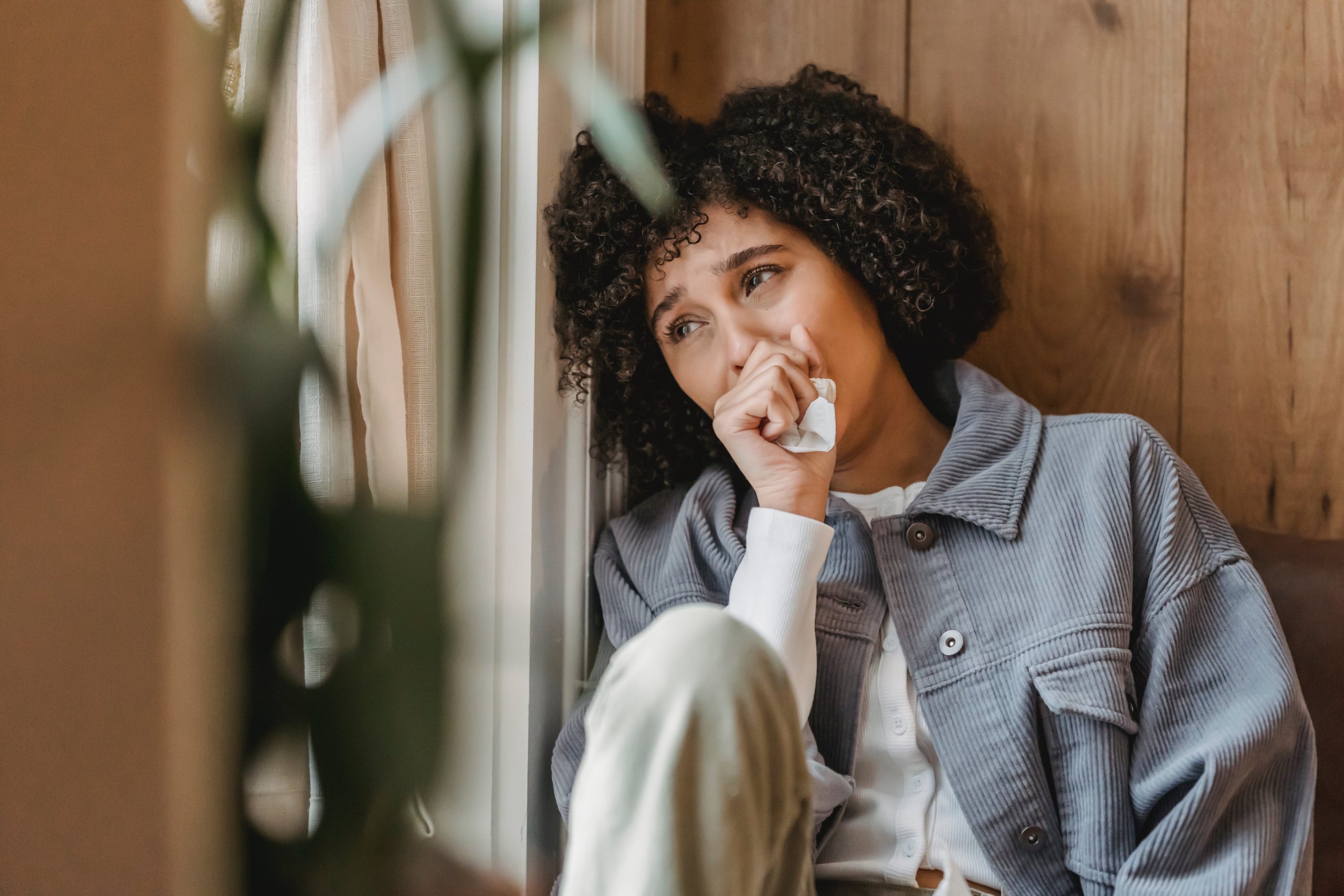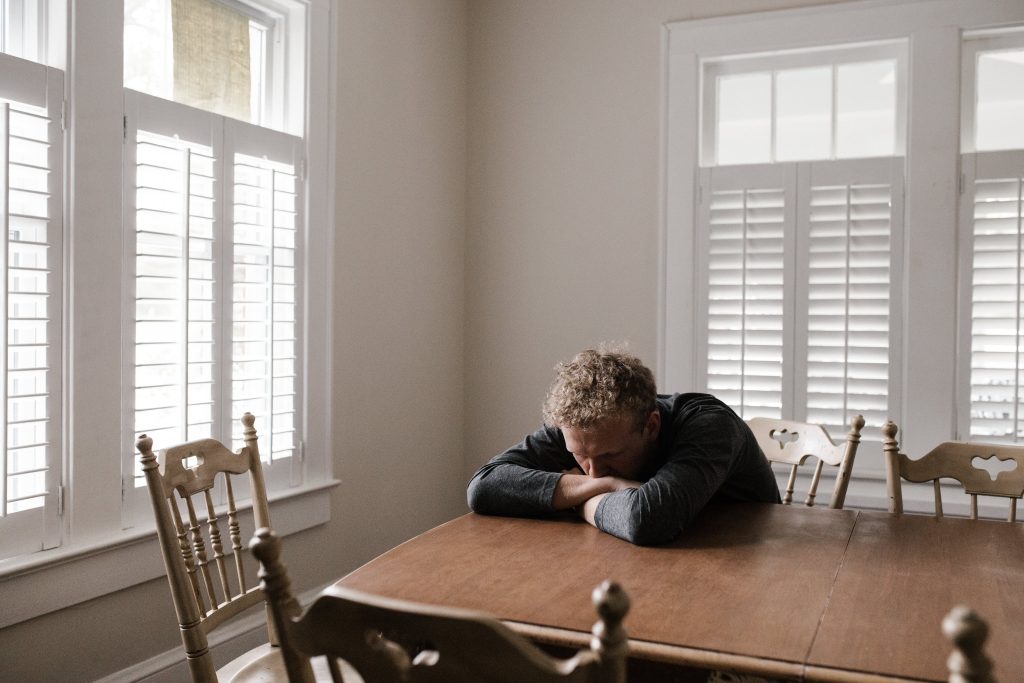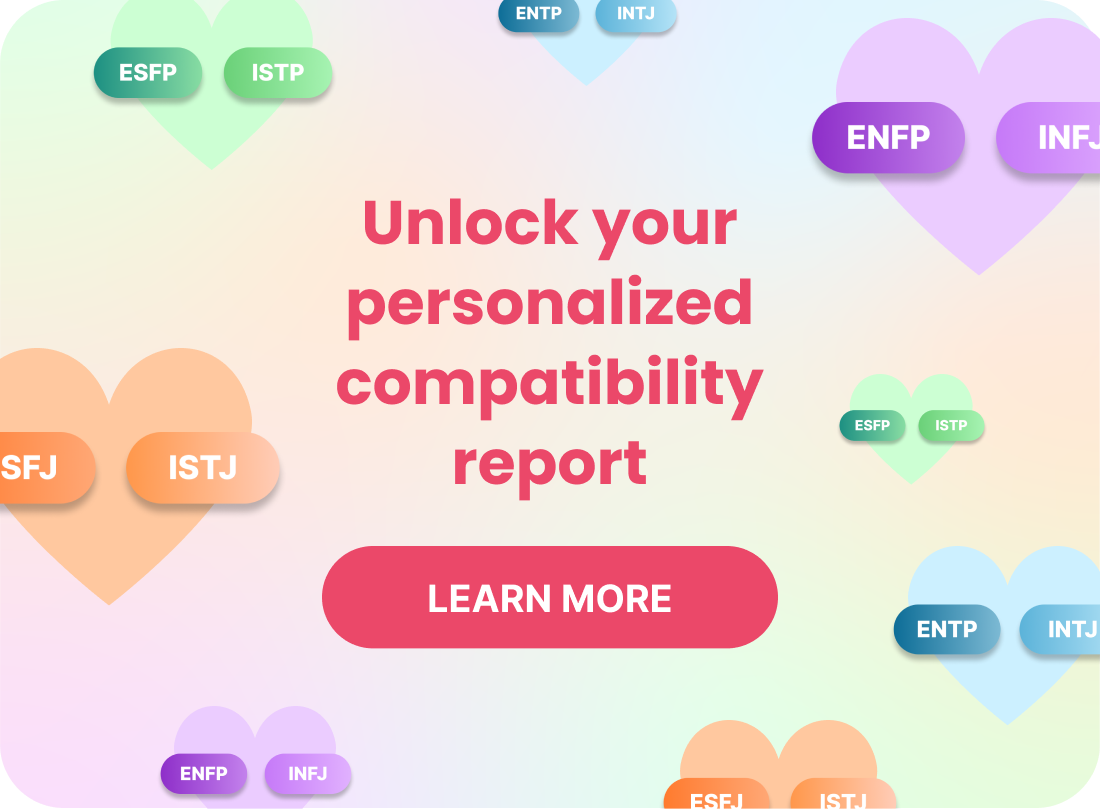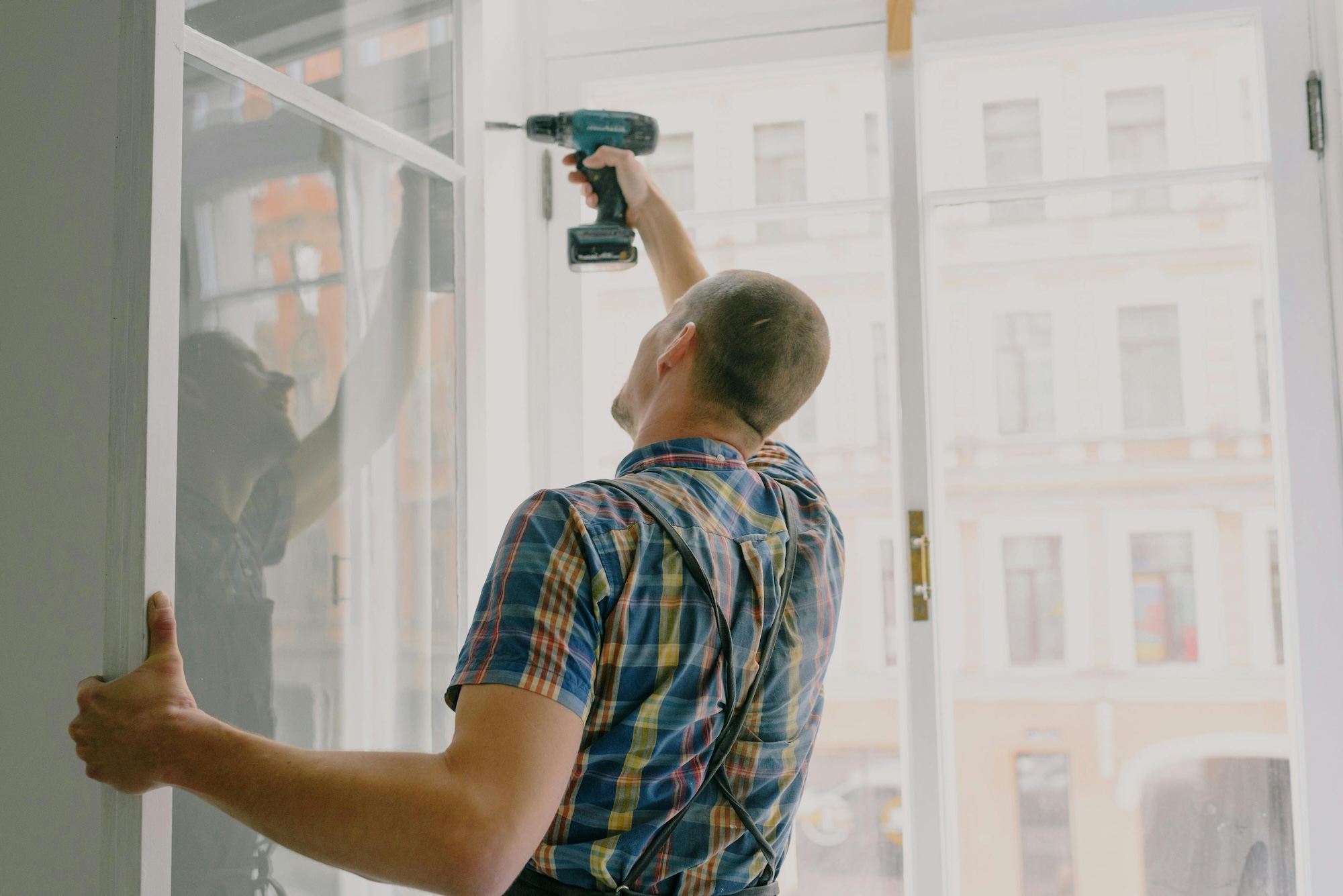Social Anxiety vs Introversion: 5 Key Differences
Introversion and social anxiety are two terms that are sometimes used interchangeably. But they are distinct concepts with little overlap. In this blog post, we explore five key differences between social anxiety vs introversion to help clear up what each term means.

Introversion and social anxiety are two terms that are sometimes used interchangeably. But they are distinct concepts with little overlap. In this blog post, we explore five key differences between social anxiety vs introversion to help clear up what each term means.
In fact, there really aren’t that many similarities at all between social anxiety and introversion. While they are both related to how people feel in or after social situations, they come from very different places. They also involve very different feelings.
Understanding the differences between social anxiety vs introversion can help you get a better handle on your own unique personality. It can also give you a better understanding of those close to you. By doing this, you’ll be better able to look out for signs of any issues that could be causing distress.
5 key differences between social anxiety and introversion
So, let’s take a look at the five key differences between social anxiety and introversion.
1. Social anxiety is rooted in fear, while introversion is rooted in an innate need for solitude.
One of the main differences between social anxiety vs introversion is the underlying emotions that drive one’s behavior in a social setting. Social anxiety is often rooted in feelings of fear and discomfort. It can lead to a desire to escape or avoid social situations altogether. When put in a social environment, someone with social anxiety may feel a deep need to flee from the situation. The fear can be paralyzing and completely take over someone’s life.
Introversion, on the other hand, is often rooted in an internal need for reflection, contemplation, and solitude. It isn’t necessarily a desire to avoid social interaction. Instead, it’s a need for alone time in order to recharge and process information. Essentially, introverts don’t have an inherent fear of social situations. In fact, many introverts feel calm and comfortable in social settings, at least until their social battery runs out. While introverts are more sensitive to highly stimulating environments, such as large crowds or noisy bars, they don’t feel a sense of fear or dread as someone with social anxiety might.
2. Social anxiety is associated with concern about being judged, while introversion is about focusing your energy inward.
Another difference between social anxiety and introversion is the focus of their energy. People with social anxiety may be concerned about how they’re being perceived and judged by others. In some cases, they might be unable to stop thinking about how others are reacting to them. This can lead to a fear of embarrassment or rejection. After interacting with people, they may overthink what happened and ruminate on how they should have acted differently.
In contrast, introverts tend to focus their energy inwards rather than on the external environment. They’re more likely to focus on their own thoughts and feelings rather than on the world around them and the opinions of others. After socializing, introverts may need some time alone to decompress and process their thoughts. But they’re not prone to worrying about if they said the right thing and what others thought of them. Of course, this doesn’t mean that introverts don’t care at all about the opinions of others. It just means that their primary focus is not on external factors.
3. Social anxiety can lead to avoiding social situations entirely, while introverts can enjoy social situations.
A third difference between social anxiety and introversion is related to how someone might deal with social situations. Social anxiety can cause people to avoid social situations entirely. Depending on the extent of the social anxiety, it can make it difficult for someone to even leave their house, as the fear of interacting with others can be overwhelming. Human connection is essential for mental well-being, and unfortunately, someone with social anxiety may struggle to form meaningful relationships. In many cases, people with social anxiety want to spend time with others, but their condition prevents them from doing so.

On the other hand, many introverts actually enjoy certain types of social situations. While they may still need time to themselves, introverts often appreciate the company of certain people, at least for a while. They may crave social interaction at times. When an introvert feels like they need social interaction, they will simply seek it out rather than avoid it due to fear. If an introvert has been alone for too long, they may reach out to someone or attend a social gathering. It’s often a specific type of social situation that an introvert needs in order to remain energized, such as a small gathering with close friends or an activity-based event like a board game night.
4. Social anxiety can lead to physical changes in social situations, while Introversion does not cause these physical reactions.
A fourth difference between social anxiety and introversion is the effects on someone’s body. Those with social anxiety often experience physical changes when they are around people, such as increased heart rate, sweating, trembling, stomach upset, difficulty speaking, and feeling faint. In some cases, people with social anxiety experience panic attacks, too. This can be scary and distressing to deal with and can further prevent someone from being able to connect with others.
These physical changes can be very uncomfortable and make it difficult to function in social situations. And once people start to experience these physical changes, they may become even more anxious because they can worry about others noticing them. If you’re experiencing physical changes when you’re around people, it’s important to speak to a healthcare provider to get the help you need.
Although introverts can feel drained after spending time with others, they don’t feel acute physical changes in a social setting. When introverts have spent too much time socializing, they can feel tired, but it’s not the same as the physical symptoms of social anxiety.
5. Social anxiety can be a mental health condition, while introversion is an innate personality trait.
The last difference between social anxiety and introversion is the underlying causes. The clinical diagnosis of social anxiety disorder is a mental health condition that can be caused by several factors, including genetics, upbringing, and life experiences. Social anxiety disorder can be treated with personalized treatment plans that often involve psychotherapy and/or medication. For those who suffer from social anxiety disorder, there’s a clear incentive to seek help because it can seriously interfere with someone’s quality of life.
On the other hand, introversion is an innate personality trait rather than a mental health condition. It’s simply a preference for directing energy inward rather than outward, and it’s something that is generally present from birth. Introversion itself doesn’t negatively impact someone’s quality of life. However, introverts should be mindful of how they manage their energy in order to ensure that they don’t become drained. For example, on group holidays, introverts should plan for plenty of time to themselves in order to recharge.
Social anxiety vs introversion FAQs
Here are some common frequently asked questions about social anxiety vs introversion.
Can you be an introvert and have social anxiety?
Yes, it’s possible to be an introvert and have social anxiety. But you can also be an introvert without social anxiety or an extrovert with social anxiety. Social anxiety disorder is a mental health condition that is separate from introversion. Essentially, they are mutually exclusive concepts, and it’s incorrect to assume that all introverts have social anxiety. However, it’s certainly possible to be an introvert who feels anxious in social situations.
Can introversion and social anxiety be treated?
Yes, social anxiety is a treatable mental health condition and can be managed with psychotherapy and/or medication. For introversion, there are no treatments as it is an innate personality trait. However, introverts can learn to manage their energy more effectively and find ways to make social interaction less draining. This could involve setting boundaries, scheduling regular time for recharging, or finding ways to practice self-care. Introversion can be a beautiful part of someone’s personality, and there is no reason to try to “fix” it.

Can extroverts have social anxiety?
Yes, extroverts can have social anxiety. Extroverts have more of an innate need to be social and spend time with people, but that doesn’t mean they don’t experience anxiety. It can be extremely debilitating for extroverts to struggle with social anxiety, as it can interfere with the activities that they naturally enjoy. For example, an extrovert who loves attending parties may find that they experience extreme anxiety when faced with the prospect of a party. It can cause internal conflict, as well as a great deal of stress and frustration.
Final thoughts on social anxiety vs introversion
Both social anxiety and introversion are important concepts to understand in order to create a self-aware and accepting society. Being clear about the differences between them can help minimize any stigmas that may exist, as well as make it easier to recognize when someone needs help.
Whether you are an introvert or extrovert, understanding social anxiety and how it can be managed is essential to living a healthy, balanced life. If you’re an introvert, recognizing the need to be mindful of your energy levels can help you make the most of your wonderful personality trait.
Neither having social anxiety nor being introverted is anything to be ashamed about. It’s thought that around half of the population are introverts, and having social anxiety is a lot more common than many people think. So know that you’re not alone and that there are ways to manage your energy as an introvert and social anxiety if you are feeling overwhelmed.




